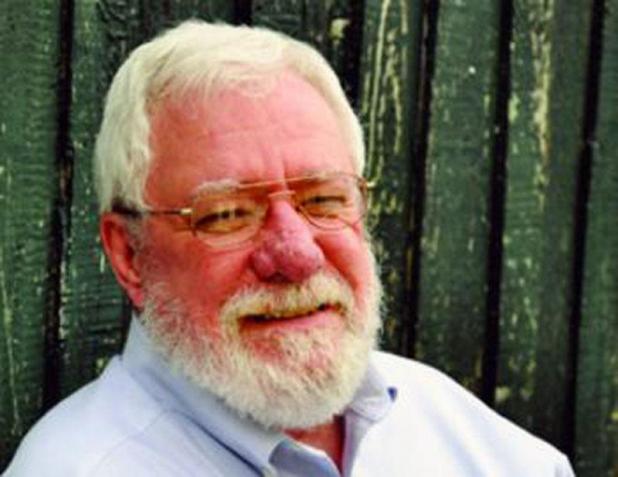
Jim Bradshaw
The last, lovable, childlike, profane pirate
One of the few of Jean Lafitte’s ships to visit south Louisiana that we know by name was the Hotspur, which sailed up the Mermentau River in November 1820 to refill its water casks.
Fifteen-year-old cabin boy Charles Cronea thought he had been ill treated by the captain, Jim Campbell, and jumped ship there. Young as he was, Charlie had already begun to collect tales of adventure that would make him, according his Galveston News obituary in 1893, a man “whose history is as romantic as that of any man of the nineteenth century.”
When he died at 88, he was remembered as the last member of Lafitte’s band, a veteran of the Battle of San Jacinto and of the Mexican-American war, and a colorful storyteller who “reeled off his yarns … taking pains to punctuate his assertions with the choicest profanity.”
“Uncle Charlie,” as he came to be known, was born in France in 1805 and went to sea as a cabin boy when he was 13. He got into trouble on his first voyage, and that’s partly how he ended up on the Hotspur.
“I was full of mischief,” he said many years later, “and one day I cut up some trick that got me a round dozen [lashes] on the bare back. … The bo’sun gave me a good dozen with the cat. … How it stung! and then they doused my back with sea water, and it stung worse. … I made up my mind to run away when I got a chance.”
He deserted the French ship in New York, sailed from there to Charleston, South Carolina, and then signed on a ship bound for Liverpool. But he never saw England.
“When we sailed out of Charleston … we hadn’t cleared the bar two hours when … a schooner [drew next to them and] sent a boat aboard. … The schooner wanted 15 or 20 men to go on a cruise on the Gulf of Mexico,” he recounted.
Cronea was one of the volunteers, and almost immediately suspected it would be no ordinary cruise. The ship “kept out of the way of everything” and had way too many crewmen. When it reached the Texas coast, 40 men were sent ashore on a desolate beach near Corpus Christi.
“The next day the schooner was gone, but in the afternoon a … brig hove to off the beach and sent a boat ashore,” he said. “The officer in charge told us we were to sail on the brig, which he said was a privateer.” It was the Hotspur.
“We cruised up and down the gulf, capturing nothing but Mexican craft,” Cronea remembered. “We’d break out as much of the cargo as we needed, taking particular pains to get tobacco. Then we’d … set the … ship on fire. The crew we would set ashore. … A good many think that we used to cut throats and make [captives] walk the plank; but that’s all a lie. … I never saw a man murdered while I was with … Campbell.”
Charlie’s problems with the Hotspur began one day when he was running across the deck with a bucket of water.
“I slipped and spilled it over Campbell’s foot,” he said. “He grabbed me by the ears … and jounced me up and down on the deck a few times. Then he stood me on the breech of the pivot gun and made me [balance] there about a half hour. … Right then I made up my mind to run away as soon as I had a chance. … [When] the brig put into the Mermentau … I did run away from him.”
Cronea bounced around Louisiana for a while, living in Plaquemines Parish, Grand Chenier and other places, before going to fight for Texas. After San Jacinto and other adventures, he settled on a farm on the Bolivar peninsula near Galveston. It wasn’t reported how successful he was at raising crops, but it was enough to support a large family. His obituary said he left 94 direct descendants — sons, daughters, grandchildren and great-grandchildren. Contrary to what one might think of a one-time pirate, the obituary also claimed that “as a character Charles Cronea was unique, childlike and lovable.”
His adventurous life might have been much shorter if he hadn’t jumped ship in 1820. After it filled its casks with water, the Hotspur wrecked on a mud flat at the mouth of the Mermentau. The captain salvaged part of an alleged fortune in pirate treasure, but most of it — and several men — washed out to sea, never to be found.
A collection of Jim Bradshaw’s columns, Cajuns and Other Characters, is now available from Pelican Publishing. You can contact him at jimbradshaw4321@gmail.com or P.O. Box 1121, Washington LA 70589.
